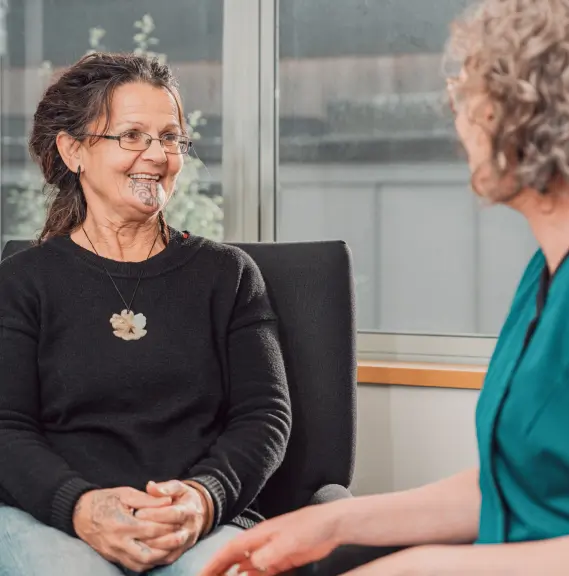Heart conditions
There are several types of heart disease and cardiovascular conditions that affect the heart, so it is important to recognise the illness in order to treat it.

About heart health
Cardiologists will work with your GP to develop a plan to treat the condition, whether it’s with a therapeutic procedure or through lifestyle changes and medication.

See your doctor if you are experiencing any of these symptoms:
Shortness of breath
Chest pain
Jaw, back or arm pain on exertion
Fatigue and reduced physical capacity
Swollen ankles
Palpitations, or irregular heartbeats
Blackout (syncope)
Heart murmurs
Common heart conditions:
Angina
Coronary artery disease including heart attacks
Heart failure
Atrial fibrillation
Tachycardias and other arrhythmias (heart rhythm disorders)
High blood pressure
High cholesterol
Rheumatic heart disease
Heart valve disease including aortic stenosis, aortic regurgitation, mitral regurgitation
Cardiomyopathy (heart muscle disease such as hypertrophic cardiomyopathy)
Myocarditis
Pericarditis
Thoracic aortic aneurysm
What you can do
For any medical emergencies, such as new or severe chest pain, shortness of breath, or blackout, please call 111. If it’s not an emergency and you have had any of the symptoms of a heart condition, talk to your own GP in the first instance. Act early; this will help medical professionals to manage your disease. To reduce your risk of heart disease over the long term, consider a change in lifestyle, through: